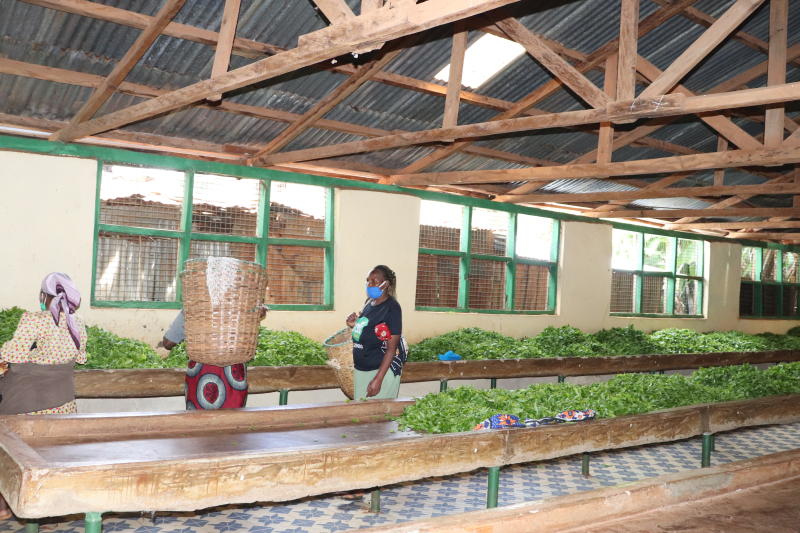×
The Standard e-Paper
Kenya’s Boldest Voice

Tea marketing chain players have protested new rules for the sector whose time frame of implementation was unveiled by Agriculture CS Peter Munya on Tuesday.
Tea value chain insiders said various players under the East African Tea Trade Association (EATTA) were preparing to challenge the rules in court.